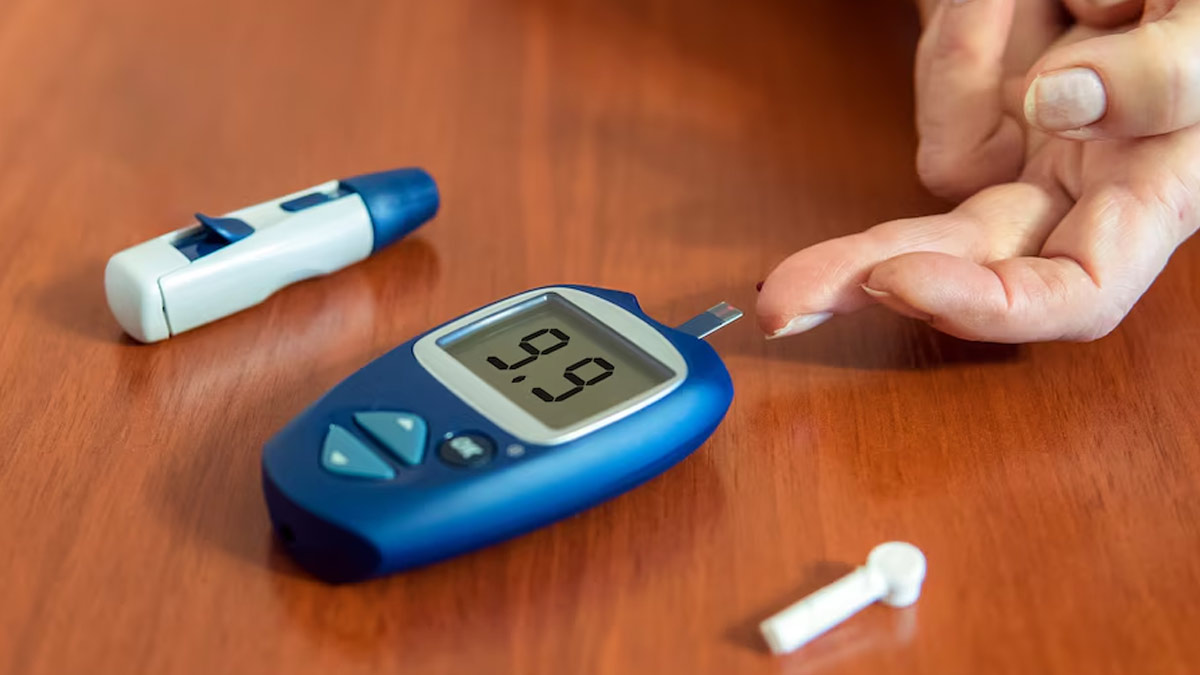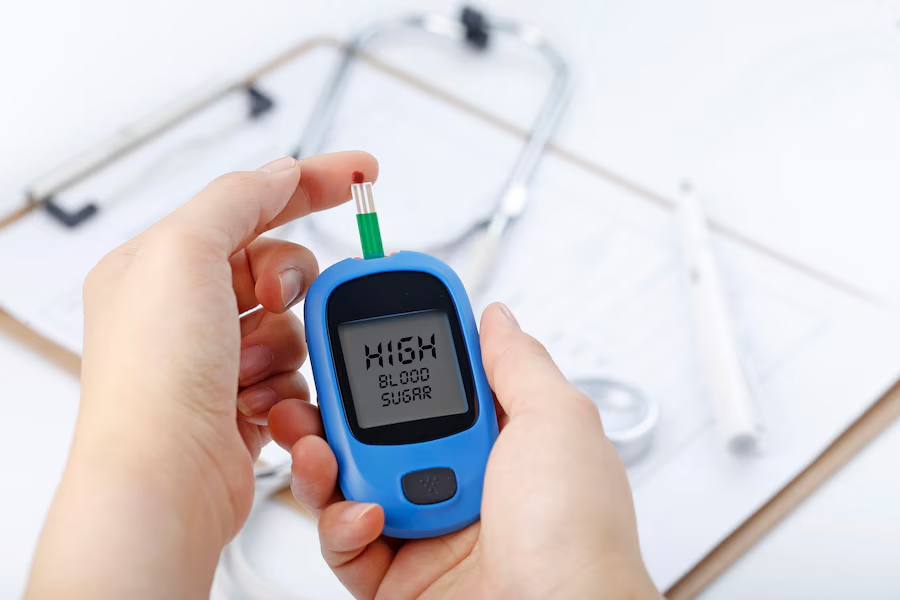
Diabetes is a complex condition that many are familiar with, yet there is still much to uncover. Most people know about high blood sugar levels, the impact of diabetes on various systems in the body, and its main types—type 1 and type 2 diabetes. However, did you know there’s also a type called Type 1.5 diabetes? If not, you're not alone.
Table of Content:-
In this article, we'll explore what type 1.5 diabetes is, how it differs from type 1 and type 2 diabetes, and how individuals with this condition can effectively treat or manage it.
Also Read: How Diabetes Can Affect Different Parts Of The Body
What Is Type 1.5 Diabetes?![]()
Dr Anusha Nadig, Consultant Endocrinologist at Fortis Hospital, Bannerghatta Road, Bengaluru, says, "Type 1.5 diabetes, also known as Latent Autoimmune Diabetes in Adults (LADA), is a form of diabetes characterised by autoimmune destruction of pancreatic beta cells, similar to Type 1, but with slower progression."
In simple terms, type 1.5 diabetes is a type of diabetes where the body's immune system slowly attacks the insulin-producing cells in the pancreas. It's similar to Type 1 diabetes, but the process happens more gradually, meaning symptoms develop more slowly over time.
While people with LADA may not need insulin right away, they will eventually require it as the condition progresses.
Diagnosis involves testing for antibodies, assessing insulin dependence, and evaluating age and insulin sensitivity.
How Is Type 1.5 Diabetes Different From Type 1 And Type 2 Diabetes?![]()
To know more about type 1.5 diabetes, let us first understand what type 1 and type 2 diabetes are.
Type 1 diabetes is an autoimmune disease where the body's immune system attacks and destroys the cells in the pancreas that make insulin. This means the body can’t produce enough insulin, which is needed to control blood sugar levels.
On the other hand, type 2 diabetes, also called adult-onset diabetes, is a type of diabetes where the body either doesn’t make enough insulin or doesn’t use it properly, leading to high blood sugar levels.
Interestingly, type 1.5 diabetes shares characteristics with both type 1 and type 2 diabetes, Dr Nadig tells the OnlyMyHealth team.
Like type 1, it involves autoimmune destruction and insulin dependence. Similar to type 2, it typically develops in adulthood with slower progression.
Symptoms include gradual onset, mild hyperglycemia, weight loss, and fatigue. The distinguishing feature is the presence of autoantibodies, Dr Nadig highlights.
Also Read: What Does An Ideal Breakfast Look Like For Diabetics: Foods To Eat And Avoid
Cause And Risk Factors![]()
According to a study published in the journal Endocrine, it was estimated that in 2023, type 1.5 diabetes represented 8.9% of all diabetes cases, which is similar to type 1.
Dr Nadig suggests that the primary causes and risk factors for type 1.5 diabetes include genetic predisposition, autoimmune disorders such as thyroiditis or coeliac disease, family history of diabetes, age 30 years or older, and obesity, although less common than in type 2 diabetes.
Treatment And Management
“Treatment for type 1.5 diabetes initially involves oral medications such as metformin and lifestyle changes. As the disease progresses, insulin therapy similar to type 1 diabetes may be necessary, says Dr Nadig, emphasising the importance of regular monitoring of blood glucose, autoantibody levels, and kidney function.
She adds, “Individuals with type 1.5 diabetes should focus on a balanced diet rich in whole grains, fruits, vegetables, and lean protein. Regular aerobic and strength-training exercise, weight management, stress reduction, and smoking cessation are also essential. Limited alcohol consumption and regular monitoring of blood glucose, autoantibody levels, and kidney function are recommended.”
Also watch this video
How we keep this article up to date:
We work with experts and keep a close eye on the latest in health and wellness. Whenever there is a new research or helpful information, we update our articles with accurate and useful advice.
Current Version


